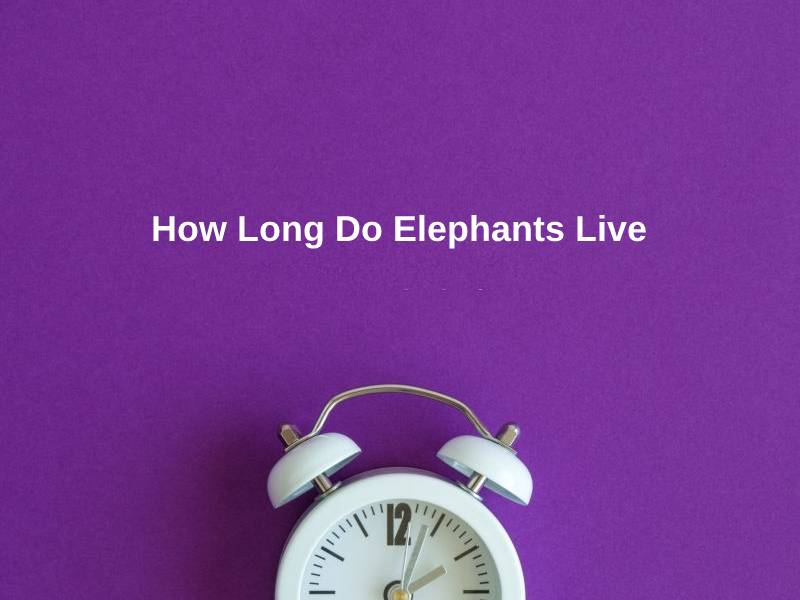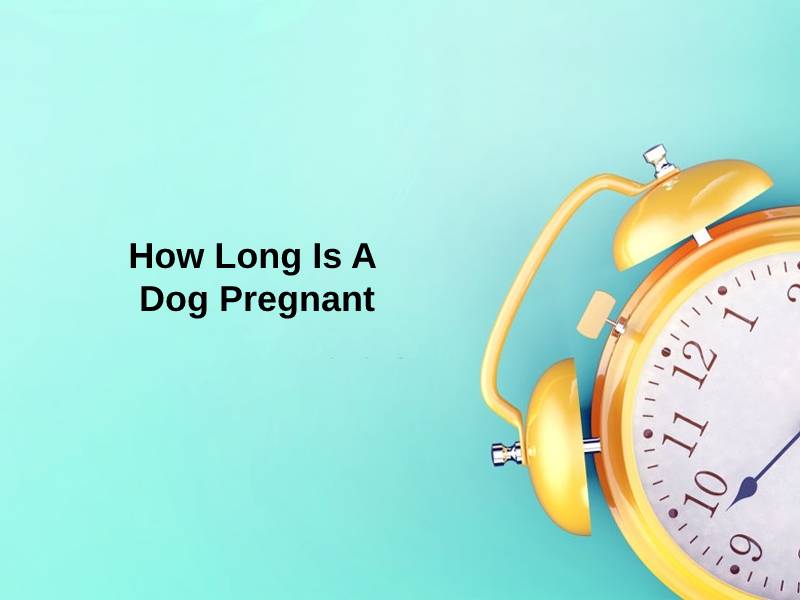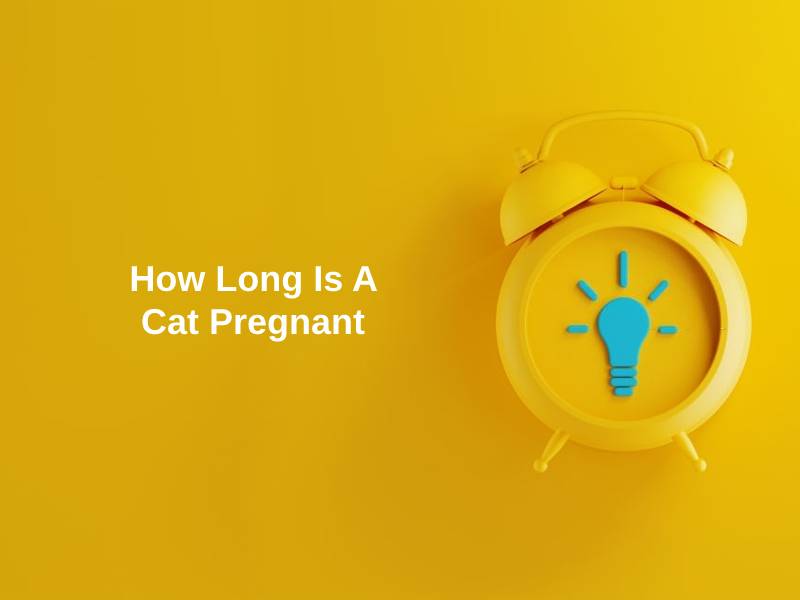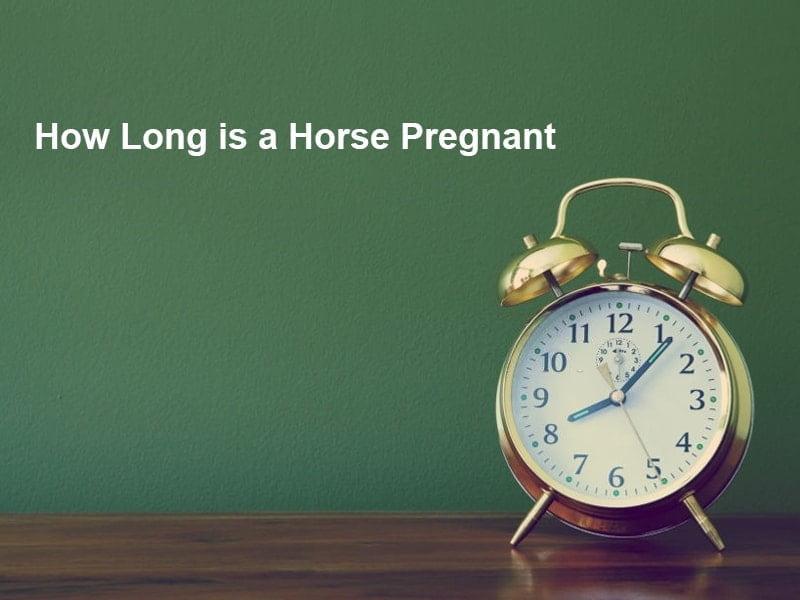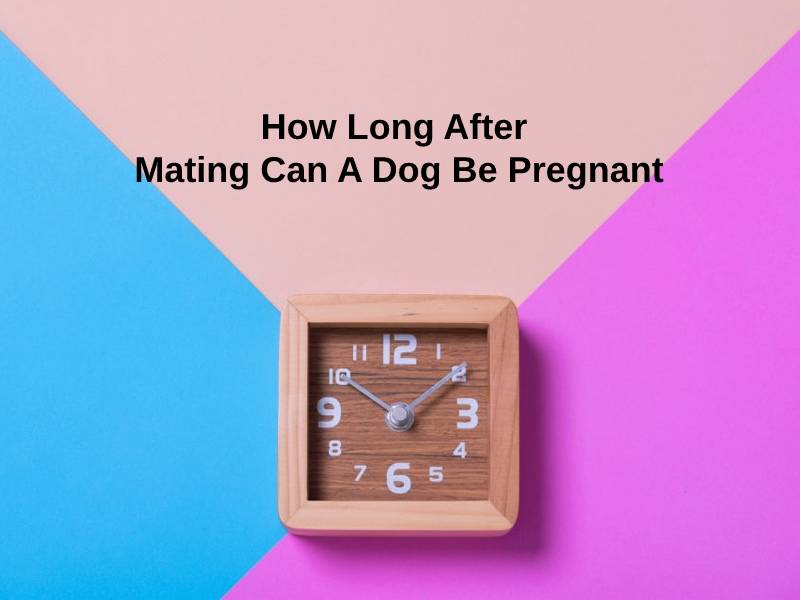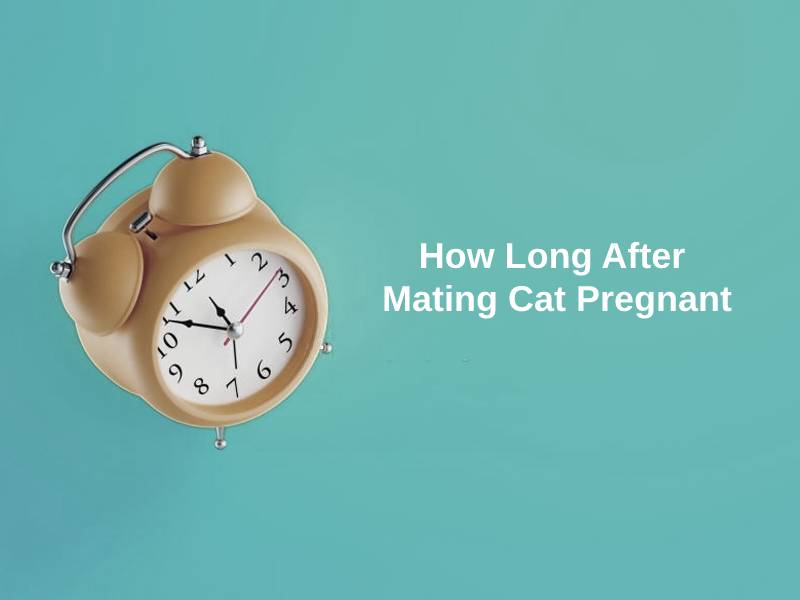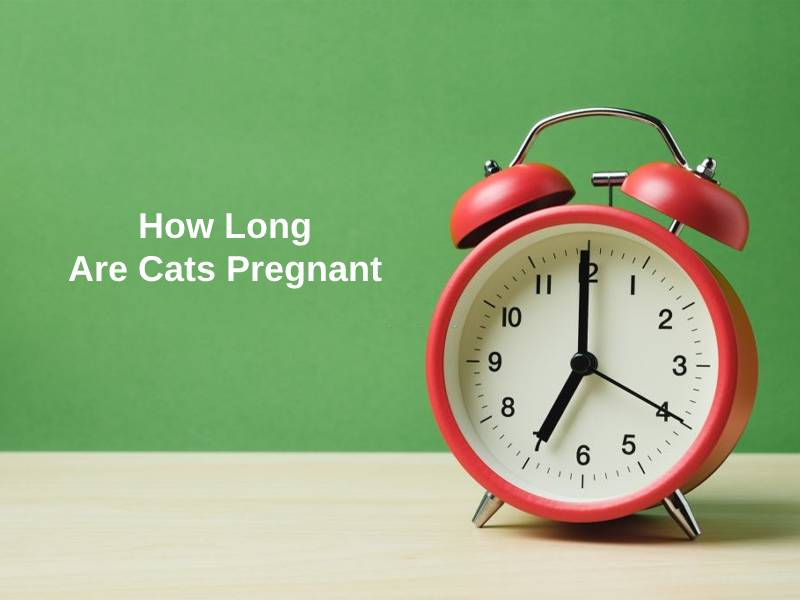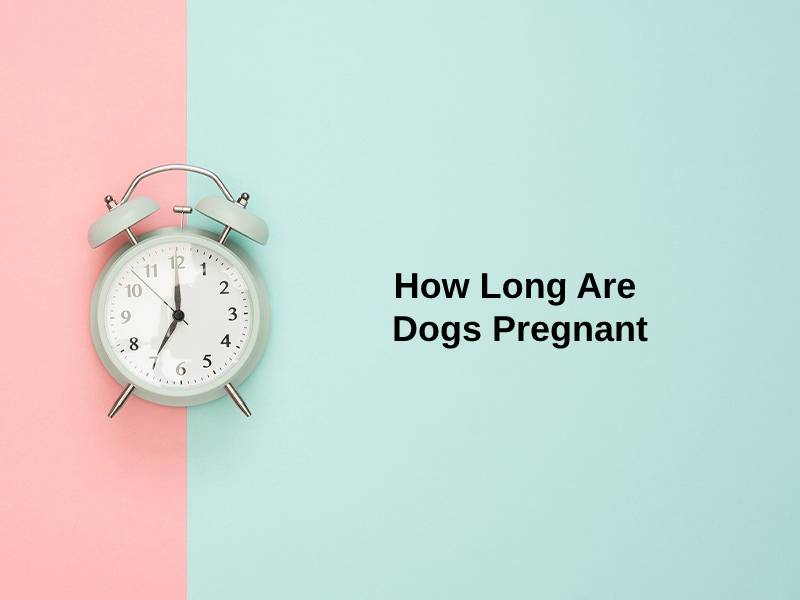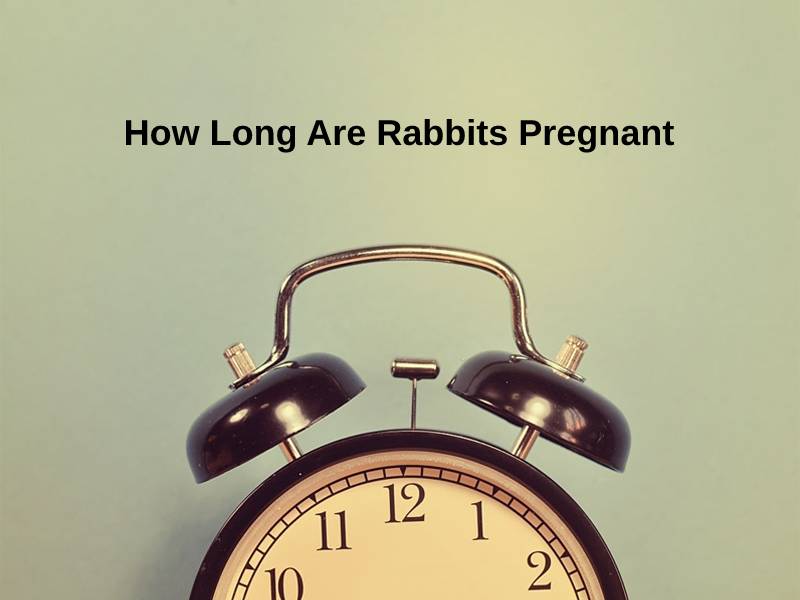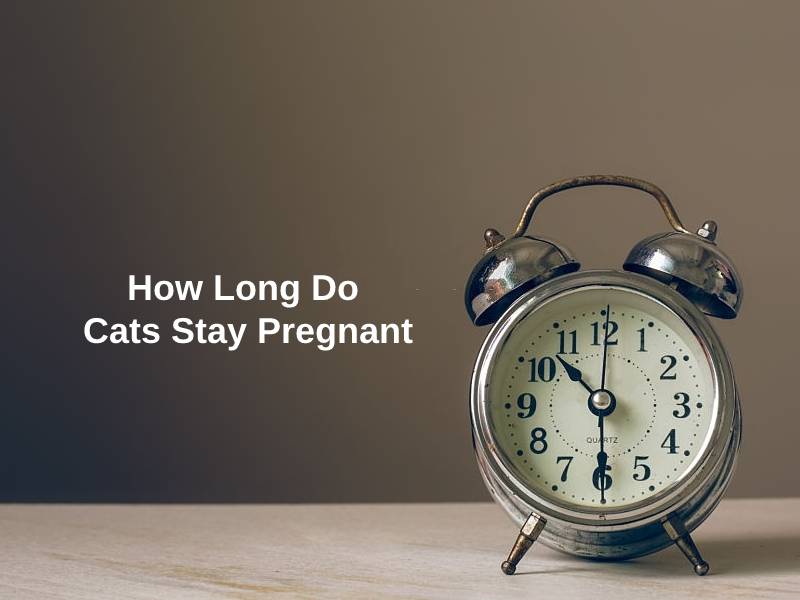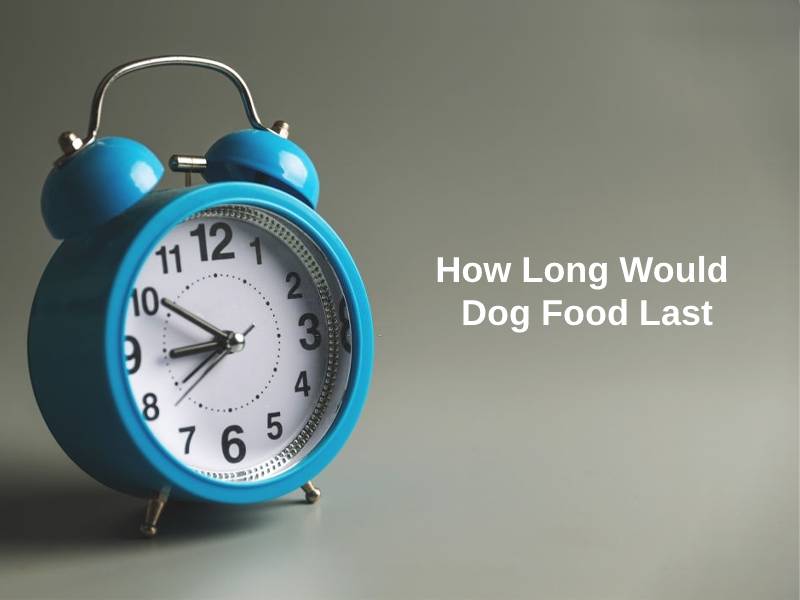Exact Answer: 22 Months
Living beings reproduce by default. When it comes to mammals like rabbits or elephants, they do not lay eggs but give birth. The period between the conception of the fetus to the time the actual birth happens is called pregnancy.
The time for which a mammal stays pregnant differs from one mammal to another. Some mammals can give birth in just a few weeks, while some mammals can take even years to give birth.
Elephants are known to have the longest gestation period or the longest period of pregnancy. Elephants can be pregnant for even more than a year, and in rare cases even for two years.
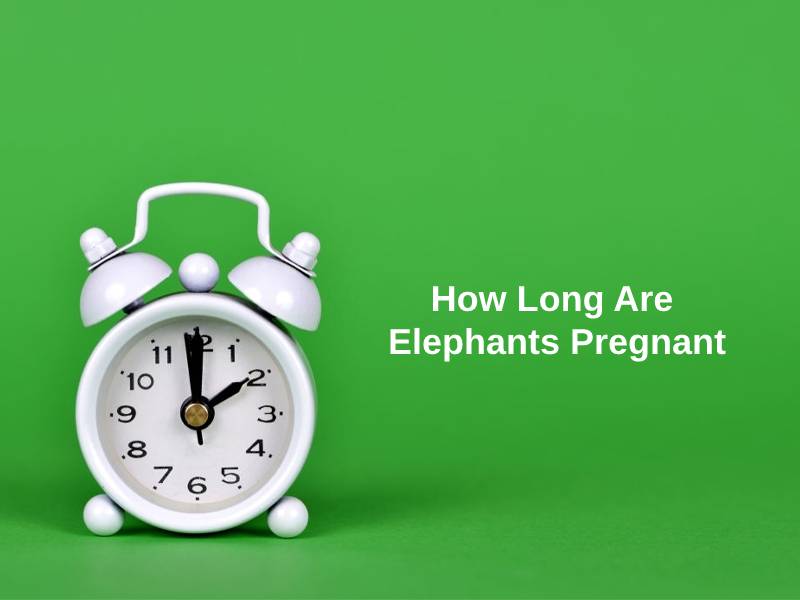
How Long Are Elephants Pregnant?
When elephants are pregnant, they carry one baby at a time. However, there are cases where an elephant has given birth to two calves.
If the size of the elephant is to be considered, it is one of the largest animals or mammals on earth. It also reproduces calves that are big at the time of birth. It is partly because of the size, that the pregnancy in elephants lasts for such a long time.
Elephants are indeed in the gestation period (pregnancy) for about 95 weeks. The minimum time for which the elephant can be in the gestation period is for about 18 months. While the maximum time for which an elephant is pregnant is 22 months.
The time for which the elephant is pregnant can also differ most due to the species. There can one to two percent of pregnancies that might last for a lesser period than 18 months and more than 22 months.
| Species of elephants | The time for which the elephant is pregnant |
| Asian Elephant | 18 to 22 months |
| African bush elephant | 22 months |
Why Are Elephants Pregnant For That Long?
Pregnancy in any animal or mammal is a process that involves time, as it takes time for the fetus to grow and develop in the womb. Since the hormonal or physical structure of every animal is different, the gestation period is also different for different animals.
There are many reasons behind the long gestation period in elephants. Some of the reasons are down below:
- Size does matter when it comes to the span of pregnancy in different animals. The larger the animal, the longer is the gestation period.
- The primary reason is nature. It is in the biological structure of elephants that owing to their sizes their calves are also bigger at the time of birth. It can take more time for the calf that big to develop in the womb of a pregnant elephant.
- Elephants are considered to be one of the most intellectual mammals that have taken birth on the planet. Even the calf when born is quite intellectual. This is only possible when the brain of the calf gets very developed right when it is in the womb of its mother. Hence it takes longer for the elephant to give birth, way more than other mammals.
- The baby elephant’s brain must be developed enough to survive the world outside after its birth. That is also a big reason why the elephants are in the gestation period for so long.
- When an elephant gets pregnant, its body creates multiple glands to regulate the hormonal levels required during pregnancy. The glands are not created all at the same though. When one gland shrivels up and disappears, another gland arises. Thus, the elephant can carry on with being pregnant for so long.
Conclusion
The only factor that can alter the gestation period is a medical condition of a particular elephant. Also, given that the gestation period in elephants lasts for so long, they are only able to give birth to a maximum of four to five calves in their lifetime.
If the baby elephant is born before 18 months or born premature, it can drastically affect the cognitive skills and understanding of the calf. The baby elephant can face various problems like not being able to walk properly or taking a much longer time to walk compared to the normal time.
They can have hearing or visual issues too. In some cases, it might also happen that they may have a body part that is not completely developed.

